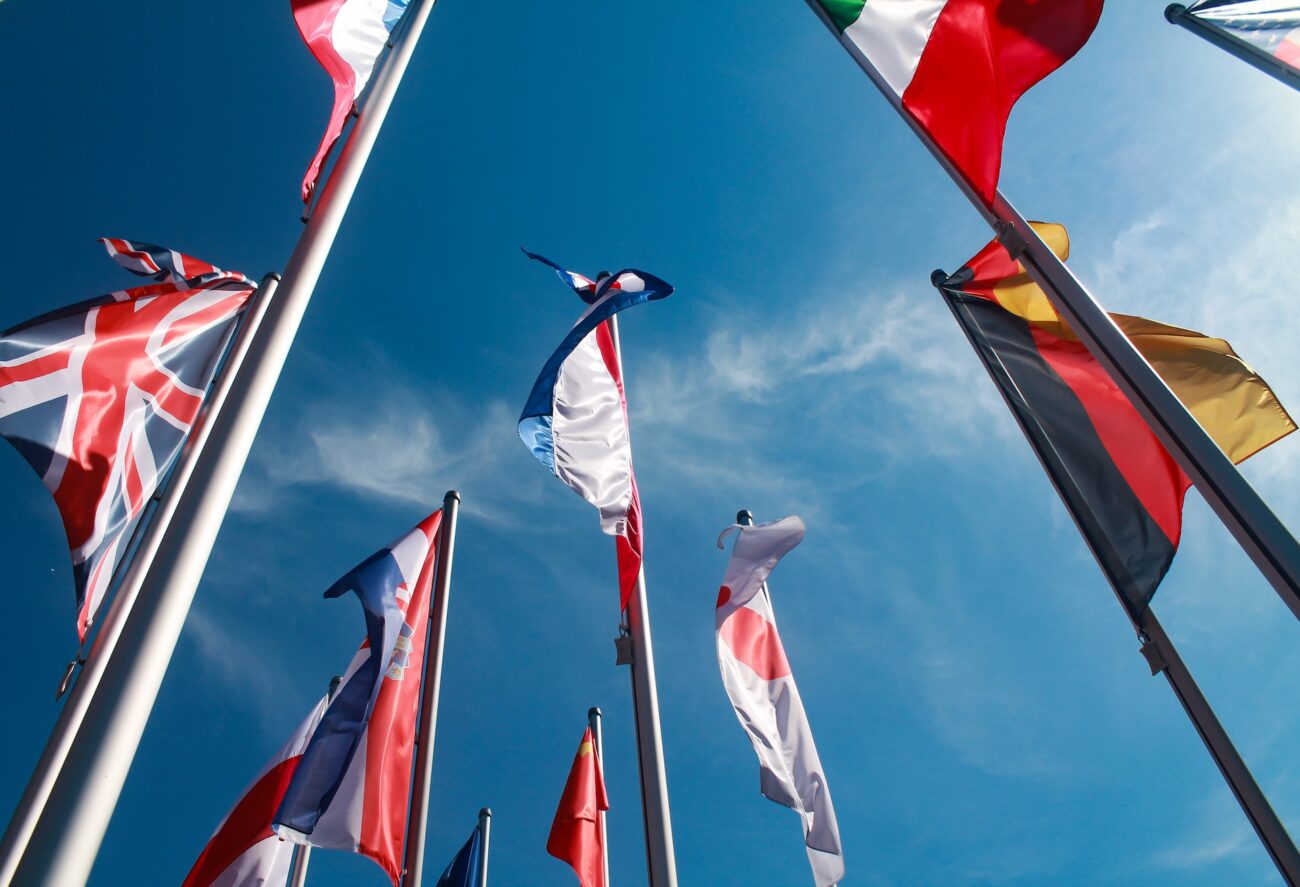- Happy Activism: A Sustainable Way to Create Change Without Burnout - February 9, 2026
- The Meaning of Critical Thinking: A Key Skill for Navigating Today’s Information Landscape - November 3, 2025
- Grandparents Can Develop Activist Grandchildren - September 29, 2025
Last Updated on October 23, 2024
When you ask patriots to define themselves you get a variety of answers. Because people don’t always agree on how to define patriotism.
How Patriots Define Themselves
Patriotism is a complex concept, and there is no one definition that everyone agrees on. However, some general characteristics are often associated with patriotism. These include:
- Love of country: A patriot loves their country and feels a sense of attachment to it. They are proud of its history, culture, and people.
- Respect for the country’s symbols and traditions: A patriot respects the country’s symbols, such as the flag and the national anthem. They also respect the country’s traditions, such as voting and celebrating national holidays.
- Willingness to defend the country’s interests: A patriot is willing to defend the country’s interests at home and abroad. They may be willing to serve in the military, or they may be willing to speak out against threats to the country’s security.
- A commitment to upholding the country’s values: A patriot is committed to upholding the country’s values, such as democracy, freedom, and equality. They are willing to work to ensure the country lives up to its ideals.
But patriotism can look different depending on a person’s political beliefs. For example, liberals may be more likely to emphasize the importance of upholding the country’s values, such as equality and justice. Conversely, conservatives may be more likely to emphasize the importance of defending the country’s interests, such as national security and economic prosperity.

Liberal: A patriot loves their country and is committed to upholding its values. That may look like this:
- Voting for candidates who support progressive policies
- Volunteering for social justice causes
- Protesting against government policies that are seen as unjust
- Speaking out against discrimination
Conservative: A patriot is proud of their country’s history and traditions and believes it is the world’s greatest country. Their patriotism might look like this:
- Serving in the military
- Voting for candidates who support conservative policies
- Donating to conservative causes
- Flying the flag
- Respecting the national anthem
Patriot Definitions Vary by Country
Patriotism is defined differently in some countries. In the Matador article, Patriotism Defines America, but What About the Rest of the World? they compare three countries: Sweden, Germany, and Ukraine.
Swedish people deviate from the patriotism displays in interesting ways. For example, they rarely display the flag or sing the national anthem. They believe a national holiday is associated with politics rather than patriotism. Swedish children do not recite a pledge of allegiance.
Germany’s past informs their national pride. By openly acknowledging the terrible Hitler regime and remembering the consequences, they avoid patriotism that smacks of nationalism. In a sense, they are working on their image. German citizens do not wave the flag.
Former Soviet Union states such as Ukraine have a complicated identity that draws on remembrance and modernization. But the old Russian traditions have not disappeared.
In the Ukraine, we have the clearest example of how complex demonstrations of national pride can be. Holidays are battlegrounds between old and new traditions; between a culture borrowed from the fatherland, and a distinctly local culture.
This reminds me of the complex history of indigenous peoples in the United States and elsewhere. In America, indigenous peoples are recognized as citizens and members of various nations. That is another excellent example of how complex patriotism can be.
Native peoples have participated in every major US military encounter from the Revolutionary War to today’s conflicts in the Middle East, serving at a higher rate in proportion to their population than any other ethnic group. ~ The National Museum of the American Indian
Your Patriotism
Digging into how patriots define themselves reminds me of family squabbles, where siblings tease and torment each other. Still, if anyone outside the family does the same, the family takes priority. It even happens in animals. Our dogs sometimes bother our cats, but when the next-door neighbor’s dog does the same, our dogs chase him home.
But ultimately, what makes someone a patriot is your own personal definition of the word. There is no right or wrong answer; what matters most is that you are willing to stand up for your beliefs and make your country better.
When I think about most of my Tennessee neighbors being conservative, I wish they would believe more like me. But I also recognize the complex systems that formed us. Our parents influenced us with the lessons they taught. So did our teachers, the media, and our faith tradition.
I love so much about my country, state, and county. But I also believe they could be improved. And I am willing to volunteer to make that happen as a part of my duty as a citizen. My patriotism is not about believing my country is better since I enjoy and appreciate the strengths of other countries. Learn more in my post about patriotism and global citizenship.
How do you define patriotism? And what does that look like for you?
READ NEXT
At the Intersection of Liberalism and Patriotism
Are there Liberal Patriots? Of Course, But They Won’t Look Like Conservatives
How Liberal Patriots Can Unite To Make A Difference
Rethinking My Liberal Patriot Post: Do We Want to Be Patriotic Anymore?
Activism Across the Political Spectrum: How to Influence Your Elected Officials Successfully



